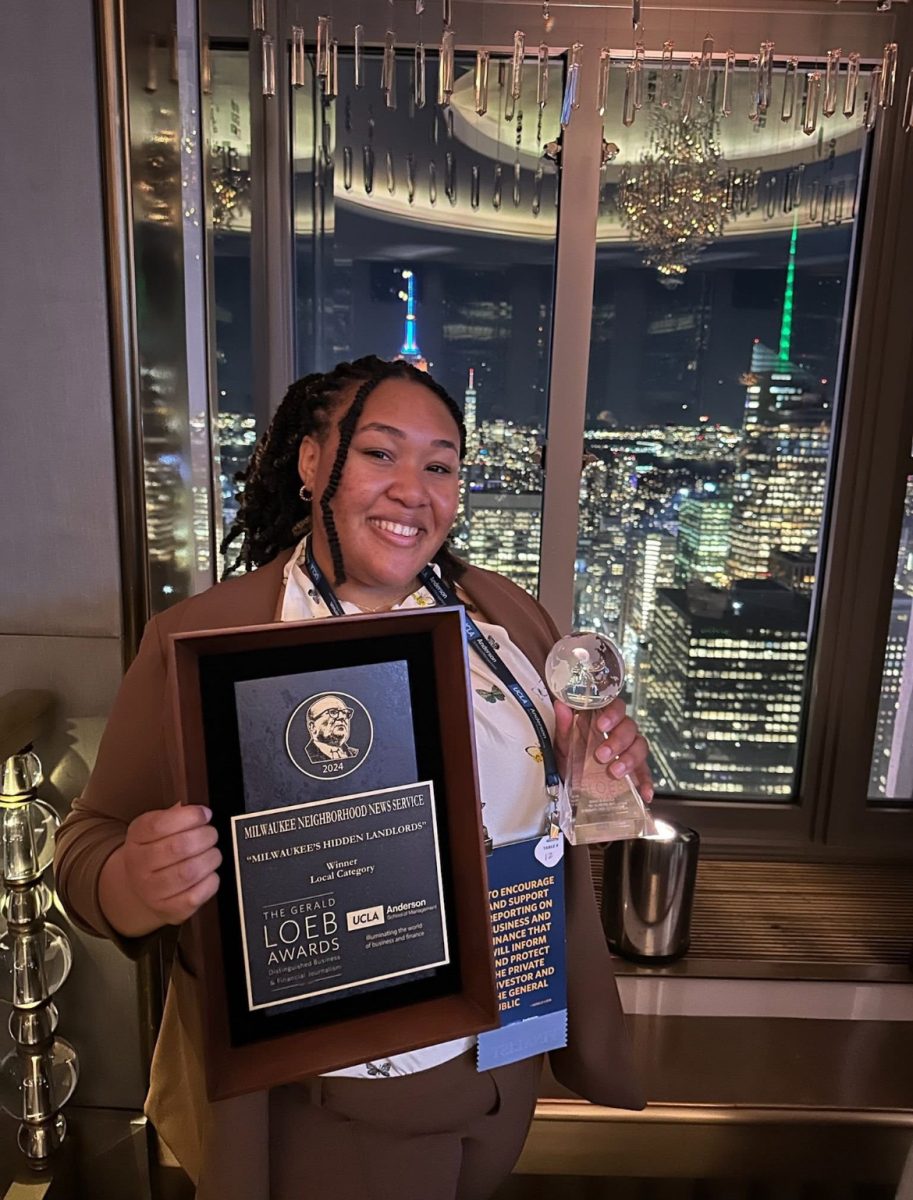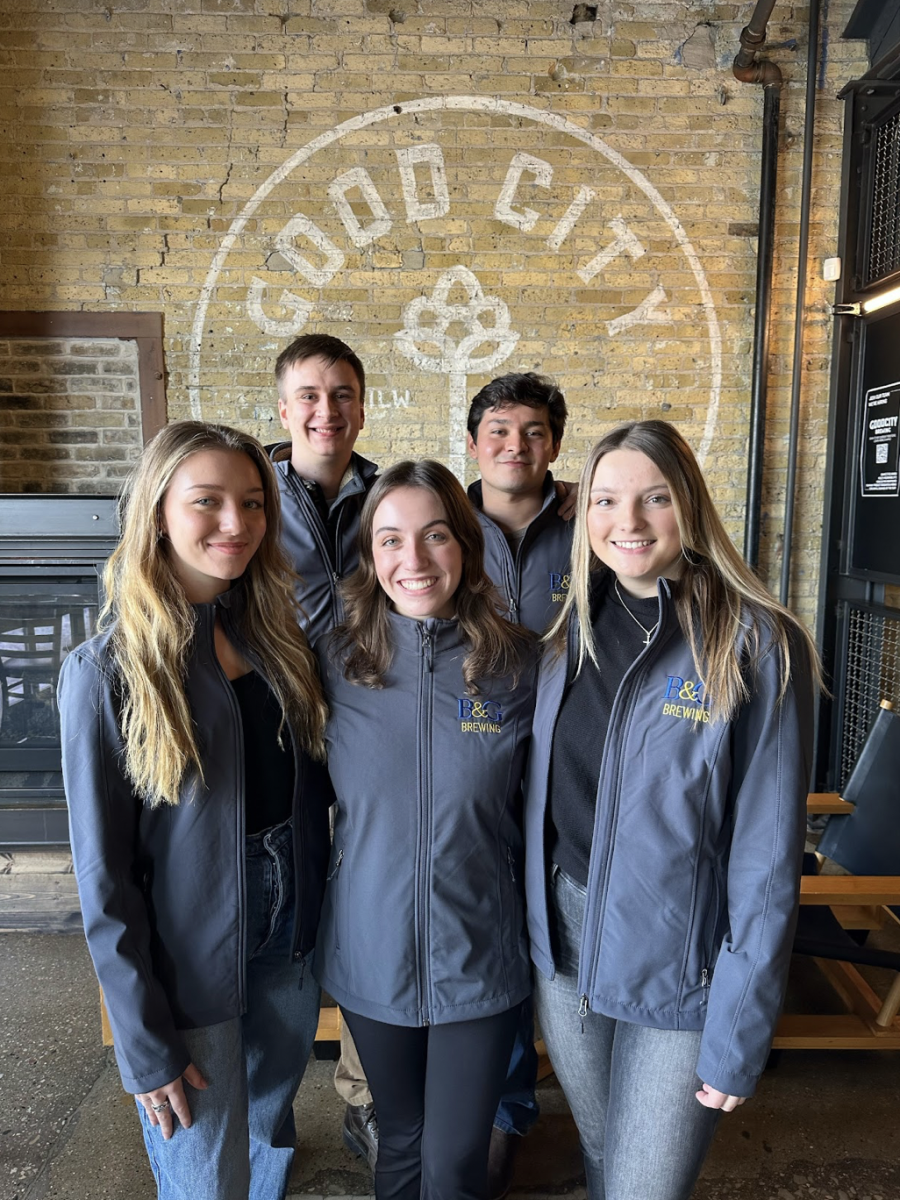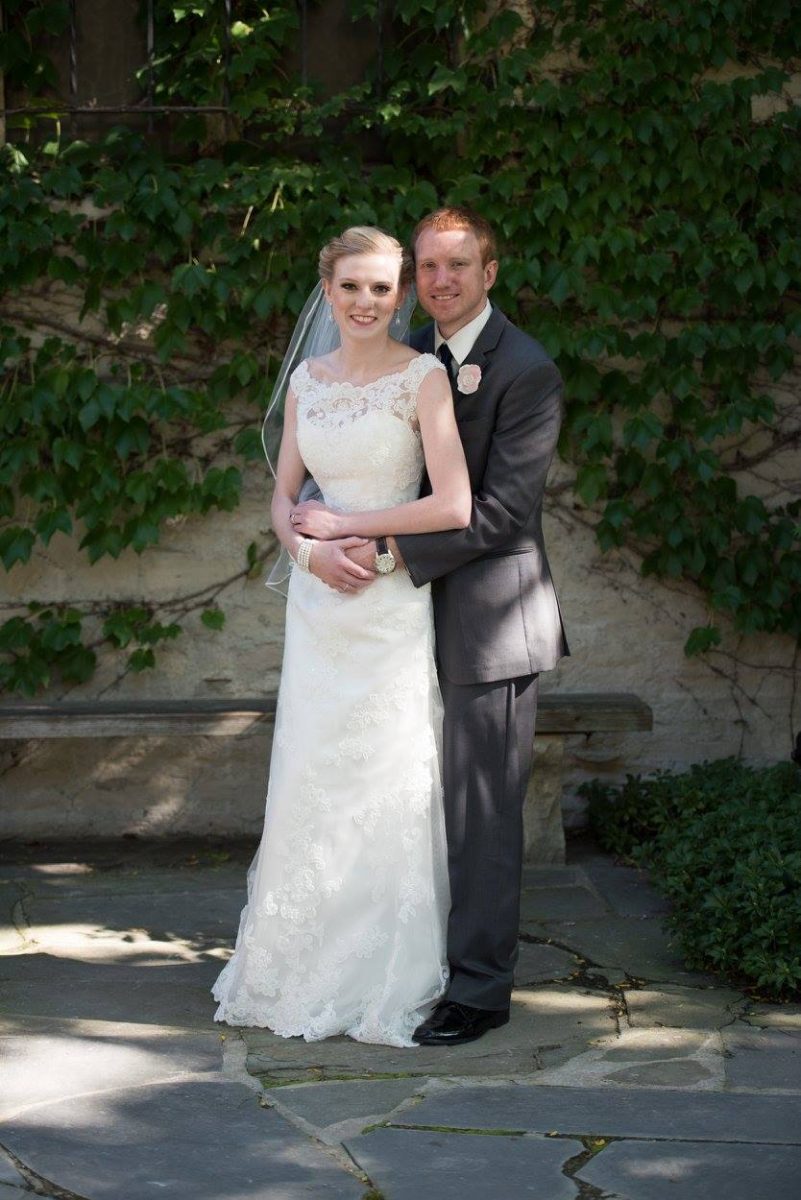
Wisconsin native and former Marquette student Andy Berkhout does what everyone probably should — he makes time to pursue his passion.
Berkhout, who graduated in 2008 with a double major in both writing-intensive English and social welfare and justice, is now at Washington University in St. Louis working toward a master’s degree in social work. But even with the busy schedule of a grad student, he somehow makes time to write and record music, and is releasing his first full-length album “Love Without Fear” March 1.
A mellow 10 tracks flowing together in a pleasant folk style, the album is a perfect disc to relax to, and you can hear the raw honesty in his work. Berkhout does what he loves without a fear of failing, which is why “Love Without Fear” is such a fitting result of all his hard work. Berkhout performs most of the vocals and all the instrumentation on the album, including guitar, banjo and percussion.
We talked with Berkhout to get a feel for how he has been able to hang onto the art that makes him happy.
Marquee: How did you get into music?
Andy Berkhout: Music has always been a big part of my life. I played in concert band in grade school and high school, and I started playing in sort of a punk rock band in high school. I guess my musical pace has kind of chilled out a bit since then.
In college I played in a band called Greenville. I got the experience of recording music and going out and playing shows, and I just enjoyed doing it. At this point, I feel like music and that creativity are an important part of life for me.
M: When did you start writing your own music?
AB: My junior year at Marquette I was in the South Africa service learning program. We had kind of this “telling” project at the very end of it creatively summing up our experience, so through that I kind of just started writing my own music.
M: Tell us about “Love Without Fear.”
AB: This is the first full-length album. Last year I did a song-per-week project where I would try to put out one new song each week. I wrote and recorded them myself and released them for free downloads. A lot of the songs on this album were songs that I’ve written through that.
M: Wow, sounds intense. What was that experience like?
AB: I don’t know if I’ll ever try to do that again. But I think it was a good learning experience. It was a good way to try new things and find my musical voice.
M: What made you decide to do a project like that?
AB: When I first moved to St. Louis, I was pretty busy with grad school, so I wasn’t able to get out and play shows. And I was still writing songs, and I really wanted to share them with people. I ended up getting a really good response with it.
M: It’s cool how music can spread so quickly, especially if you’re posting it for free online.
AB: It’s kind of interesting just how things like that can happen with blogs and the Internet and how people are listening to music now. It’s just kind of an organic process now how people search for the music they like. I think it’s really cool.
M: Where did you draw your inspiration for “Love Without Fear?”
AB: I guess I wanted to make an album that I would like to sit down and listen to. My goal with it was to have something simple and something that was authentic.
M: Is there anything you hope people will take away from the album when they listen to it?
AB: I think that along with that idea of having a simple recording and having that intention of honesty behind it, I think there’s a lot of emotion that goes into it. I hope that if people sit down, they feel something. There’s no real way of knowing how people are going to react; with anything that people create – a painting or writing a book – they feel something that gives them a second to pause and takes them away from that normal routine that they’re used to.
M: Do you have a favorite band or artist?
AB: I guess over the years I’ve kind of run the gamut in terms of my musical tastes. I grew up listening to artists like Simon & Garfunkel, those ’60s folk artists with acoustic guitars and harmonies. Now I listen to some newer folk music and newer rock, but I’m trying to get into hip-hop. I’ll kind of listen to anything that has a lot of creativity behind it. That’s definitely worth listening to.
M: What was the recording process like?
AB: We did it over about four months. We started in August of last year and went through December. I take classes during the day, and I also have field placements and stuff, so I would usually record at night from like 9 to midnight or 9 to 1. I would do it in small blocks like that.
I recorded in a pretty new studio called R & R Music Labs. The guys who run it are really great to collaborate with and supportive of the music scene in St. Louis.
M: Any plans now that this album is done?
AB: I’m going to spend a lot of this year just trying to get out and play the songs for people as much as I can. I’m going to tour in March and play in Chicago and some Wisconsin locations.
I guess at this point writing music is just something I kind of do. I can’t really stop doing it. So I’m just going to try and get a collection together for whenever I’m ready to record again.
M: What do you do when you run into writer’s block?
AB: During that song-per-week project, I couldn’t reuse anything from a different week. I was kinda worried throughout the whole thing, and I’d be like, “OK, I hope I have something next time.”
Sometimes I’d get to the deadline that I had set for myself and I wouldn’t have anything. Some of those were the songs where I really surprised myself because I let go of having any expectations and I’d just do it.
M: Where do you see yourself musically in five years?
AB: I guess I’m not really attached to any outcome with it. I think as long as I’m able to play music and share it with people and it seems like people are listening to it, I think I’ll be happy.
M: Any advice for students here at Marquette?
AB: I remember at Marquette it seems like there’s so many creative talents that students have. I’d encourage them to continue to follow those things. I think there’s this unspoken message that you’re supposed to give up on those things when you finish college, but I think it’s important to keep doing the things you love to do.








